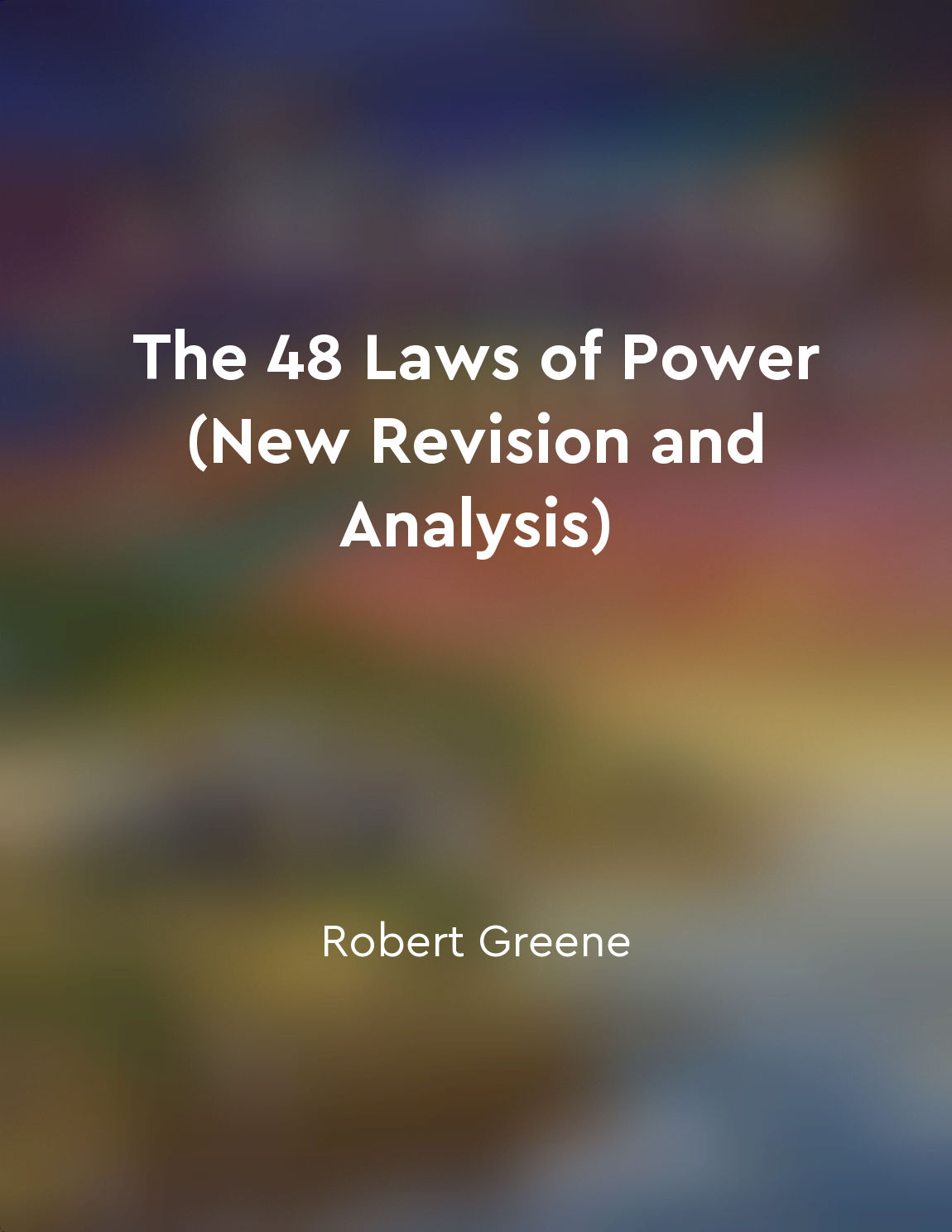Historical memory from "summary" of Iron Curtain by Anne Applebaum
Historical memory is an important concept in understanding the experiences of those who lived through the totalitarian regimes of Eastern Europe after World War II. This term refers to the ways in which individuals and societies remember and interpret the past, particularly traumatic events such as war, occupation, and repression. These memories are not static but are constantly being shaped and reshaped by personal experiences, political ideologies, and cultural influences. In the aftermath of World War II, the people of Eastern Europe were forced to grapple with the realities of living in a region that had been devastated by war and then subjected to Soviet domination. The memories of this period were often painful and conflicting, as individuals tried to make sense of their own actions and those of their fellow citizens. Some sought to bury the past, while others were determined to confront it head-on and seek justice for past crimes. The Communist regimes that took hold in countries such as Poland, Hungary, and East Germany sought to control historical memory through propaganda, censorship, and the manipulation of education and culture. They created official narratives that glorified the Communist Party and downplayed the suffering of ordinary citizens, while also demonizing political opponents and dissidents. Despite these efforts, however, many people in Eastern Europe clung to their own memories and experiences, passing them down through generations and preserving them in private spaces such as family homes and churches. These unofficial memories often contradicted the official versions of history, providing a counter-narrative that challenged the legitimacy of the Communist regimes. Over time, as the Communist system began to crumble in the late 1980s and early 1990s, the memories of those who had lived under its rule played a crucial role in shaping the transition to democracy and the process of reckoning with the past. Ordinary citizens took to the streets to demand justice for past crimes, while intellectuals and artists used their platforms to challenge the official narratives of history and promote a more nuanced understanding of the past. In this way, historical memory became a powerful tool for resistance and resilience in the face of totalitarianism, allowing individuals to reclaim their own narratives and assert their right to remember and commemorate the past in their own way. By preserving and sharing their memories, the people of Eastern Europe were able to ensure that the lessons of the past would not be forgotten and that the sacrifices of those who had fought for freedom would be honored for generations to come.Similar Posts

Understand human nature
To be able to wield power effectively, it is essential to have a deep understanding of human nature. This knowledge gives you t...
Many were unjustly imprisoned for political reasons
The prisons of our land overflowed with those who had been unjustly accused of political crimes. Men and women who had committe...
Stifling of dissent
The stifling of dissent was a key component of the totalitarian regimes that arose in Eastern Europe after World War II. This c...
The Party enforces conformity through fear
The Party maintains control over its citizens by instilling fear in their hearts. This fear is not just of physical pain or dea...
Education became a key tool for empowering individuals and advancing societies
Throughout history, education has played a pivotal role in shaping the destiny of individuals and societies. As civilizations e...
Life in the camps and daily struggles for survival
Life in the camps was a relentless battle for survival. Every waking moment was consumed by the need to find food, avoid punish...
